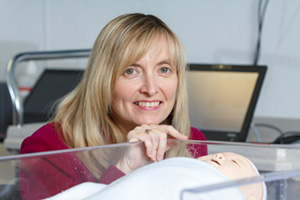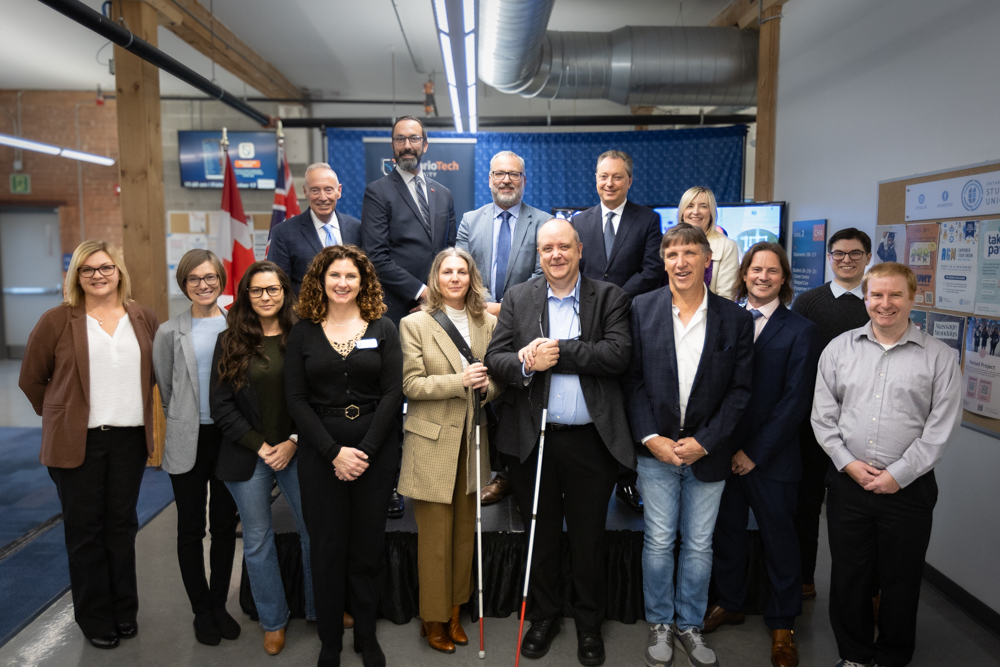Dr. Carolyn McGregor’s research profiled in Australian media
August 7, 2014

Australia's Daily Telegraph recently published an article highlighting some of the health-monitoring projects led by Dr. Carolyn McGregor, Canada Research Chair in Health Informatics at Ontario Tech University.
The article provided the latest details on Dr. McGregor’s research, including the development of a computer system to monitor the health of astronauts during NASA’s Mission to Mars in 2030. This system is adapted from Artemis, a program used for the early detection of life-threatening infections in premature infants, which she developed in collaboration with IBM, The Hospital for Sick Children (SickKids) in Toronto, Ontario, and other partners around the globe.
In the article, Dr. McGregor explained her proposed solution for long-range space flight and the mission to Mars, which will use the same Artemis platform with a few additions that will enable researchers to watch how astronauts are adapting and coping with weightlessness. They will also be able to monitor the astronauts’ mental state to look for things like depression.
The article also mentioned Dr. McGregor’s appointment to the Order of Australia, which honoured her contributions to the health care informatics field.



